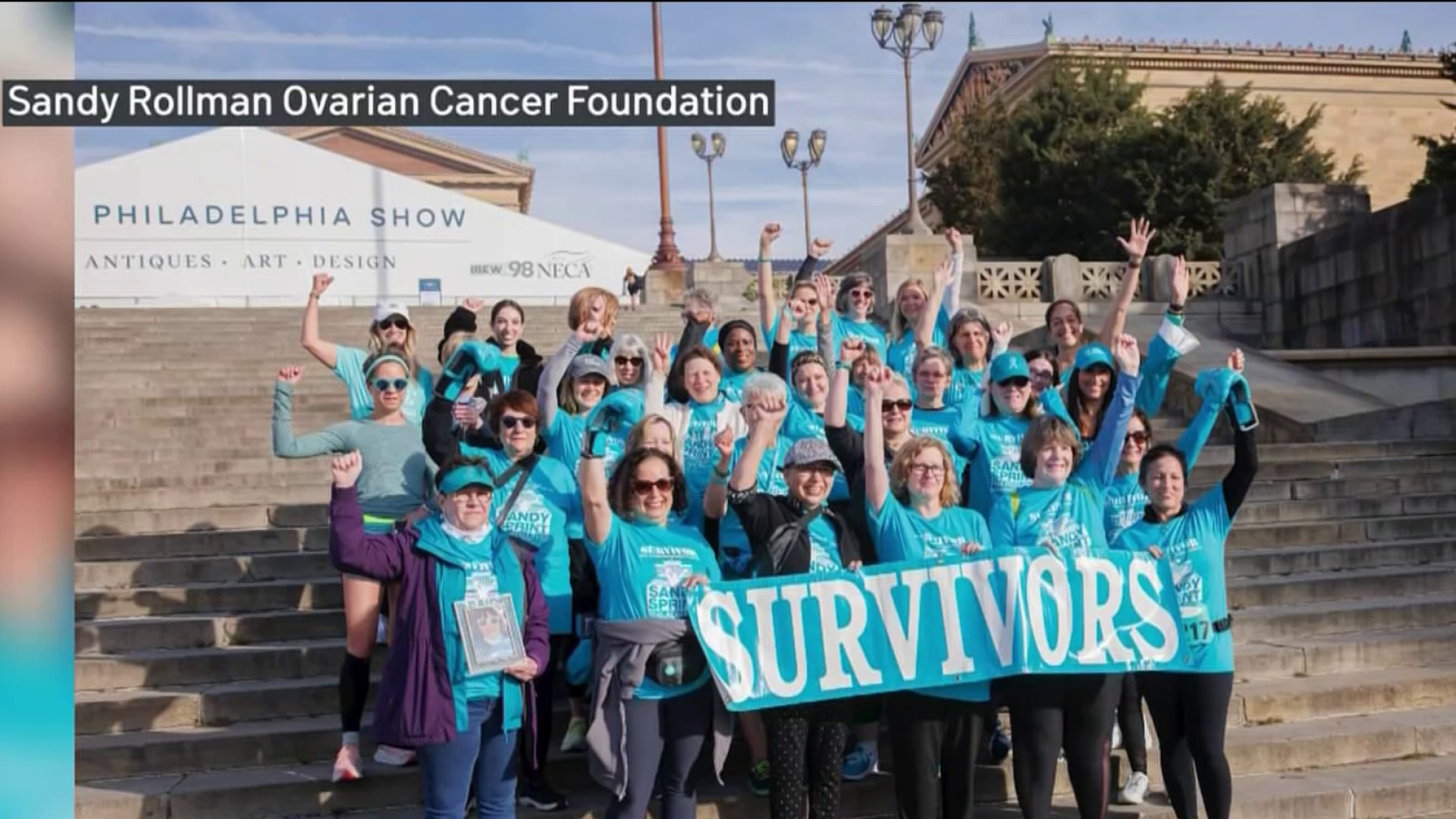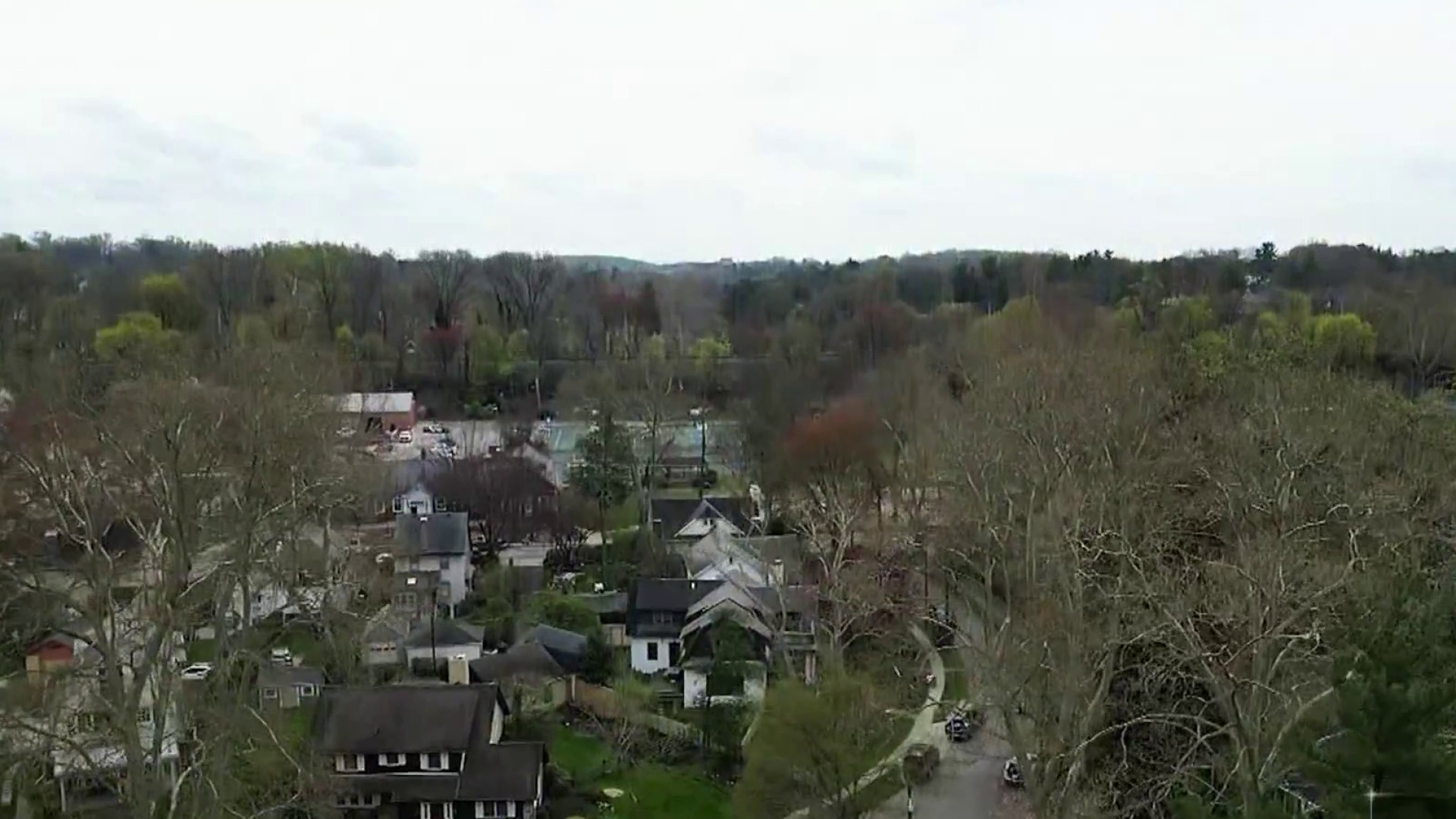HARRISBURG, Pa. -- The Pennsylvania Gaming Control Board took it on the chin again: "Ask them a real question," one heckler shouted as a group of Philadelphia casino officials finished delivering a status report at the agency's regular meeting last week.
"Provide some real oversight!" another beseeched the six silent board members. Another questioned: "Are you going to do your job?"
Such criticism -- in this case, from a Philadelphia group protesting construction of casinos in what they describe as residential neighborhoods -- is nothing new for the gaming board created by the Legislature in 2004 to be the warden of the state's new slot-machine gambling industry.
Trying to correct the gaming board's perceived flaws also is nothing new for state lawmakers. About three months into the Legislature's new two-year session, lawmakers are again preparing a raft of bills, this time to address complaints that the gaming board is too secretive, political or cozy with industry.
Local
Breaking news and the stories that matter to your neighborhood.
The bills -- most being written by Republicans, many of whom opposed the legalization of slot machines -- would amend numerous aspects of the state's casino regulation.
One would give the governor the power to nominate each gaming board member, subject to a Senate confirmation process that is customary for many other government positions.
Currently, each legislative caucus appoints a board member who has the power to veto most matters that come before the board -- an unusual voting structure that has frustrated the agency's top staff and sown suspicion that gaming board members trade votes.
A second proposal would double to two years the period that departing gaming board employees must wait before going to work for the industry.
Another would clarify which information submitted by casino applicants the gaming board may keep confidential -- a provision motivated by Pittsburgh-area lawmakers who butted heads with the agency last year while it considered how to rescue the city's then-troubled casino project.
Senate President Pro Tempore Joe Scarnati, R-Jefferson, agreed that fixes are needed for the five-year-old slots law.
Scarnati, who voted for it, but was not among the legislators who negotiated it, wants more public disclosure from the gaming board and to force the agency to pare back its expenses after five agency officials ran up a $32,438 tab to attend a six-day industry gathering in Rome last year.
In the House of Representatives, changes in the slots law will not be among the front-burner gambling issues as the majority Democrats work to advance legislation to legalize video poker, a priority of fellow Democrat Gov. Ed Rendell, to help defray the cost of college tuition.
The House Gaming Oversight Committee chairman, Rep. Dante Santoni Jr., D-Berks, said he is familiar with Republican complaints about the gaming board and is not unsympathetic.
"We hear them and we'll take a look at it," said Santoni, who also supported the legalization of slots casinos. However, he said some Republican efforts are less about addressing real problems and more an attempt by legislators who oppose gambling to wedge a monkey wrench into the gears.
Santoni, who attended part of the gaming board's Wednesday meeting that descended into chaos as protesters heckled and shouted at gaming board members and Philadelphia casino officials, said he understands that casino opponents in Philadelphia are frustrated.
But he also said that, as the committee chairman, he wants the Philadelphia casinos to get up and running so they will contribute to the statewide tax cuts Rendell used as leverage to win legislative approval of slots casinos.
Although nothing the Legislature does may satisfy some Philadelphians who oppose casinos there or other die-hard anti-casino activists in the state, many say the current law does not inspire confidence.
"Why can't the process be open and transparent? Not backroom deals," protester Brendan Walsh of Philadelphia groused during the gaming board meeting Wednesday. "A blind man could see that this is shady."
Copyright AP - Associated Press



